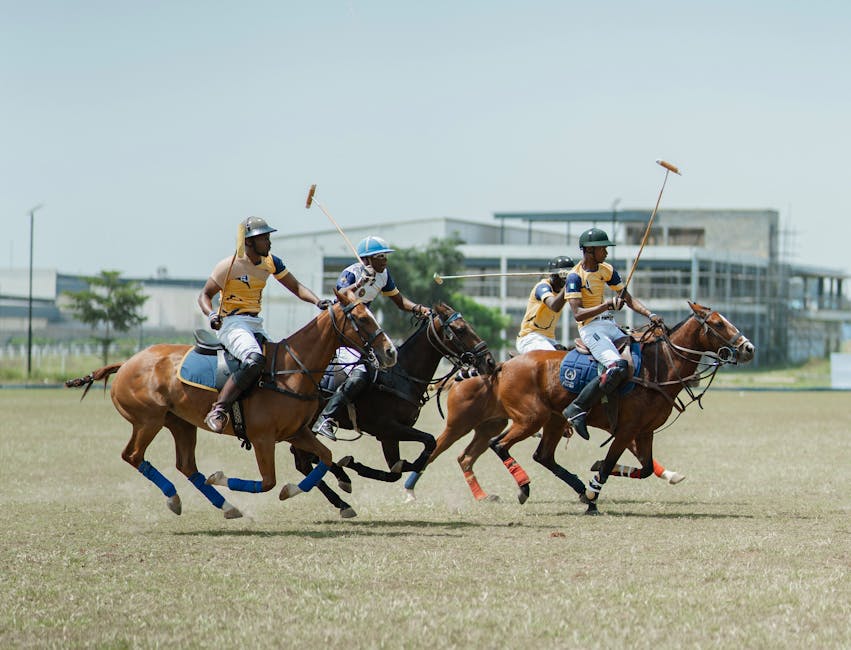Climbing the competitive ladder in online games is more than just chasing higher numbers. For many, it’s a form of self-improvement. Each win proves you’re sharper, faster, more strategic than you were a few weeks ago. There’s also the social side—ranks are status. Whether you’re trying to impress friends, get noticed by a team, or just flex in the lobby, your rank says a lot without needing to type anything. And then there are the rewards: skins, badges, new game modes. Unlocks feel earned when they’re tied to skill.
But ranking up isn’t a smooth climb. One of the biggest obstacles is inconsistent teammates. You might be pulling your weight—or more—but a bad match can sink your momentum. Then there’s the meta. What works one patch can fall flat the next. Staying current means constant learning. Add in the need to manage tilt, burnout, and your own skill ceiling, and it’s no wonder many players stall out.
This guide is for the ones stuck in that middle bracket. Gold, Platinum, maybe low Diamond. You’ve got enough skill to make plays, but something’s blocking your climb. Maybe it’s game sense. Maybe it’s mindset. Either way, you’re not alone—and yes, you can improve.
Climbing ranked isn’t about flashy plays. It’s about executing the basics well and doing it every game. Core mechanics like last-hitting, kiting, and map awareness aren’t optional — they’re essential. If you’re not farming efficiently or missing rotations, you’re giving away free wins.
Your champion pool matters too. Stop chasing the meta every patch. Stick with two or three picks you know inside and out. That familiarity beats novelty every time. Playing a comfort pick at 90 percent efficiency is better than fumbling through some overhyped flavor-of-the-week champ.
Then there’s role discipline. It’s tempting to queue fill or flex roles, but in ranked, specializing makes a difference. The fewer variables, the better your results. If you want to climb, lock in your main role and treat it like a job.
At the end of the day, the ranked ladder rewards consistency, not isolated brilliance. A good performance ten games in a row beats one pentakill highlight. That’s the grind — showing up, staying sharp, improving small things.
Bonus tip: resource management isn’t just for RTS players. Want a deeper approach to improving your macro game? Check this out: Comprehensive Guide to Resource Management in Strategy Games.
What Meta Actually Means in Your Rank
Let’s get straight to it. The “meta” isn’t some universal truth—it shifts based on your skill level, your server, and how people around you play. What works in high-elo clips might fall flat in Silver. That god-tier comp? It can fall apart when teammates misplay fundamentals. So don’t just chase trends. Understand your environment.
Tracking the meta starts with patch notes. Read them. Don’t rely on someone else to tell you what changed. Then check in with top-tier streamers who play your role, but also scroll community stat trackers and Reddit. Sometimes, the meta isn’t what’s new—it’s what’s stable or quietly rising.
Finally, give your comfort picks some credit. If you’re strong on a champ that’s technically out of meta, but you’re winning and climbing, keep it. Raw execution often beats novelty. Trendy comps can look great on paper, but if you’re fumbling them in game, that edge disappears.
Use the meta, respect it—but don’t let it run you.
Map awareness isn’t flashy, but it’s what separates decent players from game-changers. Vision and rotations are the backbone. Knowing where the enemy could be—and moving before they do—is what sets up plays, prevents throws, and secures wins. You don’t need a ward on every bush. You need patterns. Watch lanes. Track who’s missing. Notice wave states. Vision isn’t just pink wards. It’s prediction.
If you want to pressure objectives, timing is everything. Which lanes are pushed? Who just reset? Did the enemy blow key cooldowns? These are more valuable than just starting dragon on spawn. Good map control is less about spamming pings, more about turning small advantages into permanent pressure.
For solo queue grinders trying to level up this skill, start small. Focus on one thing each game: tracking the enemy jungler for 5 minutes. Or syncing roams with the support. Or learning which timers matter most. Map control is built through repetition—and paying attention when others don’t.
Communication That Wins: Pings, Positivity, and Tactical Silence
In the world of ranked team play, less can be more. Constant voice chat might feel productive, but in fast-paced games, it often turns into noise. Efficient ping systems are faster, clearer, and don’t require interpretation. Smart players are using specific, well-timed pings instead of narrating every move over mic. It frees up brainpower and keeps the focus on gameplay.
Then there’s reinforcement. Players who encourage smart plays, acknowledge good calls, and create momentum with short bursts of positivity tend to climb. Why? Because dopamine matters. A team that feels good plays better. Positive feedback loops lead to better coordination and less tilt.
Lastly, muting isn’t just a tilt response—it’s a strategy. If someone’s derailing the team vibe or flooding comms with complaints, muting them early protects the match and your mindset. Silence, used correctly, is a tool for clarity—not retreat.
Watching your own replays isn’t just about catching mistakes. It’s about spotting patterns. Maybe you always overextend after a small win. Maybe you play too passive during mid-game fights. The point is to train your eyes to notice behavior, not just blame misplays. Patterns are how you improve.
Instead of playing until burnout, set short, focused goals. Try 3-game sprints where you work on a specific skill. Review VODs with intention—one session to look at early-game decisions, another to track how you manage power spikes. If you play support, maybe you focus on map control or vision timing for a few sessions straight. Train like an athlete, not a button-masher.
And let’s kill the myth of being “hard stuck.” Nine times out of ten, it’s not bad luck or matchmaking. It’s habits. Break the auto-pilot. Do less of what doesn’t work, even if it feels comfortable. Improvement comes from intention, not grinding.
Play When Focused, Not Tilted
Climbing ranks isn’t about grinding 12 hours a day. It’s about playing when your head’s clear and your decisions are sharp. If you’re jumping into queue just to chase a win after a frustrating loss, stop. Tilt leads to sloppy plays, bad calls, and even harder tilts. Play when you’re locked in, not when you’re spiraling.
Rank anxiety is a real thing. If you catch yourself checking your MMR more than actually thinking about team comps or rotations, that’s a problem. Feel like every match is life-or-death? That’s burnout creeping in. When every loss feels like a personal failure, you’ve been in the queue too long.
Timing also matters more than players admit. Avoid late-night queues when focus fades and matchmaking gets weird. Early evenings and weekend mornings typically give the best odds for balanced teams and cleaner matches. If you’re exhausted or tilted, take the L, log off, and come back fresh. The ladder isn’t going anywhere.
Treat your ranked journey like building an empire. It’s not about flash wins or flexing sudden climbs. It’s about showing up, day after day, with a plan. Invest your time wisely. Adapt when things change. Learn every patch, every setback, every mistake. Good ranked progression is less about mechanics and more about mindset. Be resource-efficient. Don’t grind mindlessly. Grind intentionally.
Staying cool matters more than any mechanical skill ceiling. Tilt throws away progress fast. Discipline saves it. Small consistent improvements stack—quietly, relentlessly. A few more smart decisions today than yesterday. A cleaner laning phase. One less forced fight. Stack those over time and results follow.
Sometimes, the MMR won’t move. At least not in the direction you want. That doesn’t mean you’re not improving. Progress is often ahead of points. Keep learning, stay honest about your mistakes, and trust that your effort—if sharpened with purpose—isn’t wasted. Ranked is a long game. Play it like one.





